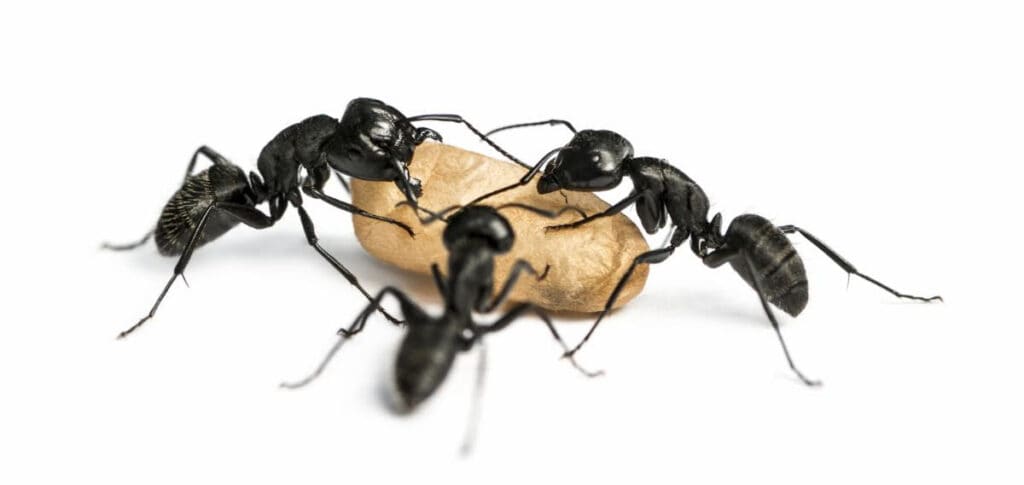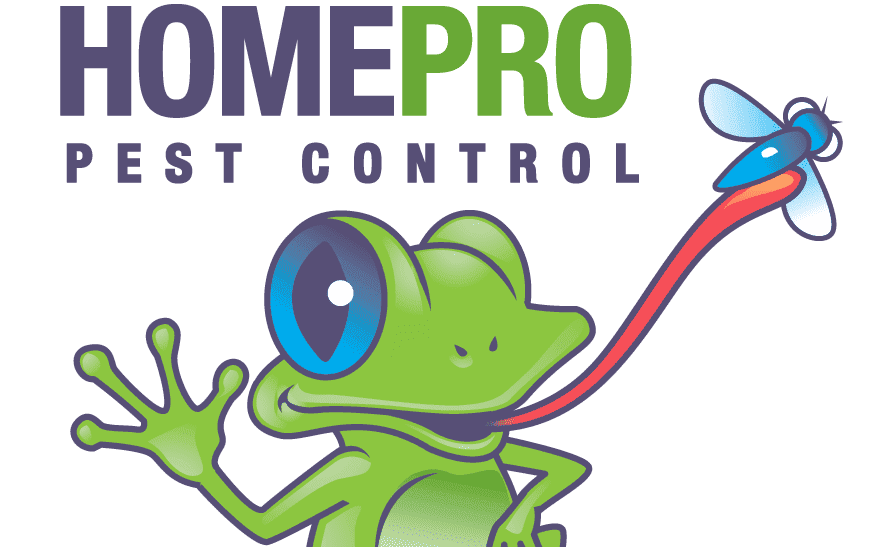
When an ant infestation hits your house, the last thing you might be concerned about is what kind of ant you’re dealing with…you just want them gone! But knowing what type of ant is taking up residence in your home can be helpful to treat the problem and to prevent another infestation in the future. Two of the most common ants that enter the home are carpenter ants and black ants. Here’s how to tell them apart so you can say goodbye to them once and for all.
Bodies
Carpenter ants are usually a quarter inch to a half inch in size. They have a segmented body with a rounded midsection and a distinct waist and are typically black or red. On the other hand, black ants are between 1/16 and 1/8 of an inch in length. They tend to have an uneven midsection and are black and brown in color.
Habitat
Carpenter ants love to make nests in your home near rotting or decaying wood. You’ll find them around windowsills, doorways, in the basement, or in the attic where it is warm and moist. Black ants prefer the outdoors but are food-focused and are always on a mission to get their fix. This is why you see black ants coming into your home (likely your kitchen) to pick up crumbs and then heading right back outside. Black ants may move inside for easier access if your kitchen offers a constant food supply.
Diet
Both carpenter and black ants like sugar but typically get it from different sources. Carpenter ants feast on a sticky material known as honeydew secreted by aphids and scale insects (commonly found on plants), while black ants like sugars found in foods. In addition to sugars, black ants eat grease, fats, and meats.
Damage
The only good news about carpenter ants and black ants is that neither is dangerous; they are more of a nuisance. Carpenter ants can cause damage to your wood, but since they only use it to build colonies, they don’t cause as much damage as other pests, like termites.
If you have an ant problem (carpenter or black ant) in your house, Home Pro Pest Control can help get rid of them and ensure they don’t come back! Contact us today to learn more about our pest control programs or to schedule a free inspection.
